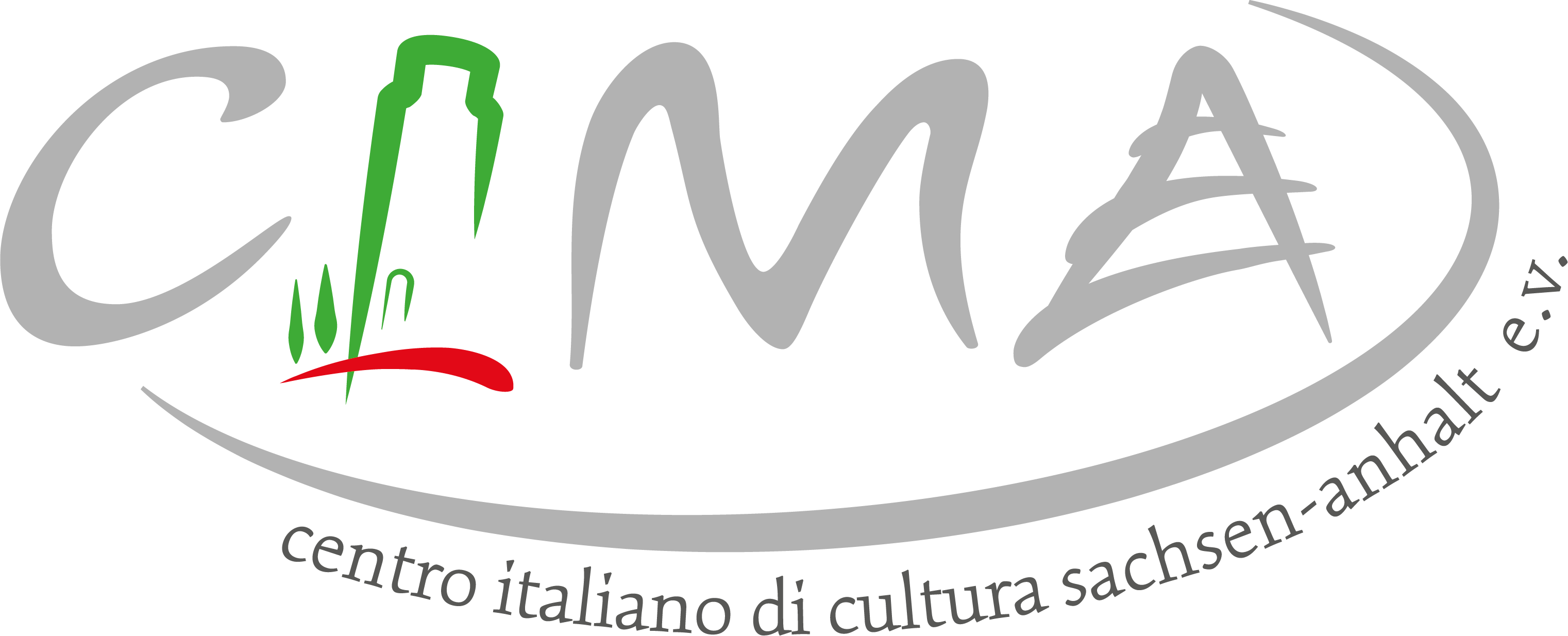
Nestlé’s extensive manufacturing footprint includes 340 factories in 76 countries, ensuring an efficient global supply chain. With a strong focus on innovation, sustainability, and consumer-centric strategies, Nestlé continues to lead the evolving CPG market through advanced research, premiumization, and strategic partnerships. Some of the major players dominate the consumer packaged goods market, leveraging strong brand portfolios and global reach. Companies like Procter & Gamble (US), Unilever, Nestlé, PepsiCo, and The Coca-Cola Company, mong others lead the industry with diverse offerings across food, beverages, personal care, and household products. These firms invest heavily in innovation, sustainability, and marketing to maintain competitiveness.
- So protecting brand reputation via careful public relations stewardship provides insurance against deteriorating consumer perceptions.
- Industry leaders, including renowned companies like Coca-Cola, Procter & Gamble, and L’Oréal, play pivotal roles in shaping this sector’s trajectory.
- Premium ingredients like freeze-dried proteins and limited ingredient diets accommodate pet diet sensitivities and allergies.
- So, while CPGs were traditionally sold in physical stores, those same stores are now in competition with online sellers such as those we mentioned earlier.
- During recessions, the relative affordability of most CPG products enables continued demand and stability.
- It is present in different households in the form of its home care brands such as Persil laundry detergent, Domestos bleach, and Cif cleaning products.
Who are the Industry Leaders in CPG?
Success in the less-expensive price tiers might, in part, reflect the high prevalence of private-label products making such claims. In 88 percent of categories, private-label products that made them seized more than their expected share of growth. The CPG landscape has witnessed a notable trend of increased marketing expenditures across diverse sectors, sizes, and price tiers in the United States. According to a survey conducted among U.S. marketing professionals, 23 per cent of CPG companies‘ budgets were dedicated to marketing initiatives in early 2023. This proportion marked the highest share of advertising expenditures observed among various industries in the country during that period.

Unveiling Market Leaders
The Coca-Cola Co, PepsiCo Inc, Anheuser-Busch InBev NV/SA, Nestle SA, and Unilever Plc are the top 5 consumer packaged goods companies in the world in 2021 by sales. In aggregate, the top 10 consumer packaged goods companies had a total retail sale of cpg accounting $1,091,094 million. The United States-based Coca-Cola Co is the world’s leading consumer packaged goods company in the world in 2021 by sales. The company reported revenues of $43,004 million for the fiscal year ended December 2022 (FY2022), an increase of 11.3% over FY2021. The company reported revenues of $86,392 million for the fiscal year ended December 2022 (FY2022), an increase of 8.7% over FY2021.
Digital Andon

These initiatives encompass emission reduction strategies and other environmentally responsible objectives, collectively aimed at enhancing the overall eco-friendliness of their products. This strategic shift towards sustainability aligns with evolving consumer preferences and positions CPG firms as responsible contributors to a greener and more sustainable future. Consumers are leaning toward brands Catch Up Bookkeeping that value transparency, sustainability, and social responsibility. Some trends include a rising interest in personalized beauty products, where customization and clean ingredients take center stage. There’s also a prominent uptick in the popularity of men’s personal care items, reflecting a broader embrace of self-care. The Consumer Packaged Goods (CPG) industry is poised for continuous growth and transformation.
- In this article, we’re delving deep into the heart of the industry, unraveling ongoing CPG trends, and more.
- The company reported revenues of $80,187 million for the fiscal year ended June 2022 (FY2022), an increase of 5.3% over FY2021.
- Accounting for around 20% of the country’s GDP, CPG provides a steady source of output and consumption critical for economic growth.
- Rising pet humanization means discerning pet parents scrutinize pet food ingredients too.
- PepsiCo and Coca-Cola dominate the beverage segment and have expanded into snacks and nutrition-focused products.
- By outsourcing these functions, CPG companies can focus on their core competencies and reduce costs.
- Even though Mars is still smaller than its competitors when it comes to the food category, it still offers popular products like Dolmio pasta sauces and Uncle Ben’s rice.

By collecting, analyzing, and leveraging data insights, brands can significantly improve their sales methods, inform product development, monitor competitors, and personalize marketing campaigns. Specifically, the availability of raw ingredients critical to the production of staple products such as cereal, flour, bread, beer, and other commodities has been constrained in the United States. Furthermore, disruptions in the shipping and container industries have led to delayed shipments and increased costs, exacerbating concerns about inflation.
- These giants face competition from emerging direct-to-consumer brands, leveraging digital platforms for market entry.
- Flexible retail packaging is quickly becoming a popular choice for brands and is well received by consumers due to convenience, cost savings and low environmental impact.
- Understanding both competitive and consumer data allows brands to stand out with effective product recommendations and personalized customer experiences.
- They will move towards CPG options that are good for both their health and the planet.
- This strategic shift towards sustainability aligns with evolving consumer preferences and positions CPG firms as responsible contributors to a greener and more sustainable future.
- These agencies often have expertise in areas such as brand development, advertising, public relations, and digital marketing.
Consumer Packaged Goods (CPG) Brands
When it comes to juice, energy drinks, tea, and coffee, it has brands like Minute Maid, Monster Energy, Fuze Tea, and Georgia normal balance Coffee. Currently, it is also exploring plant-based beverage options to serve a growing consumer need. Unilever is home to brands like Dove soap, Sunsilk shampoo, and Axe deodorant in its personal care category. Ecommerce Platforms is a review site that shows the good, great, bad, and ugly of online store building software. We strive to provide easy to read reviews that will help you choose which ecommerce platform is right for you.
